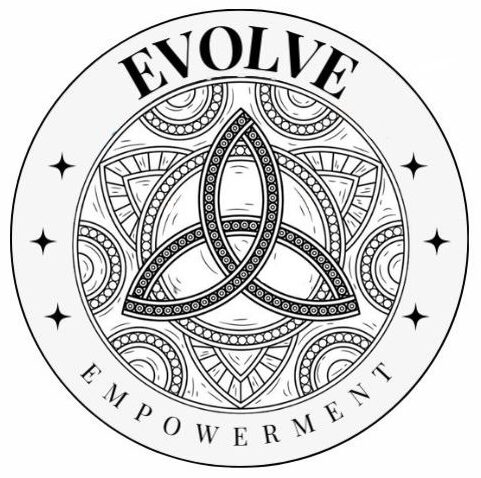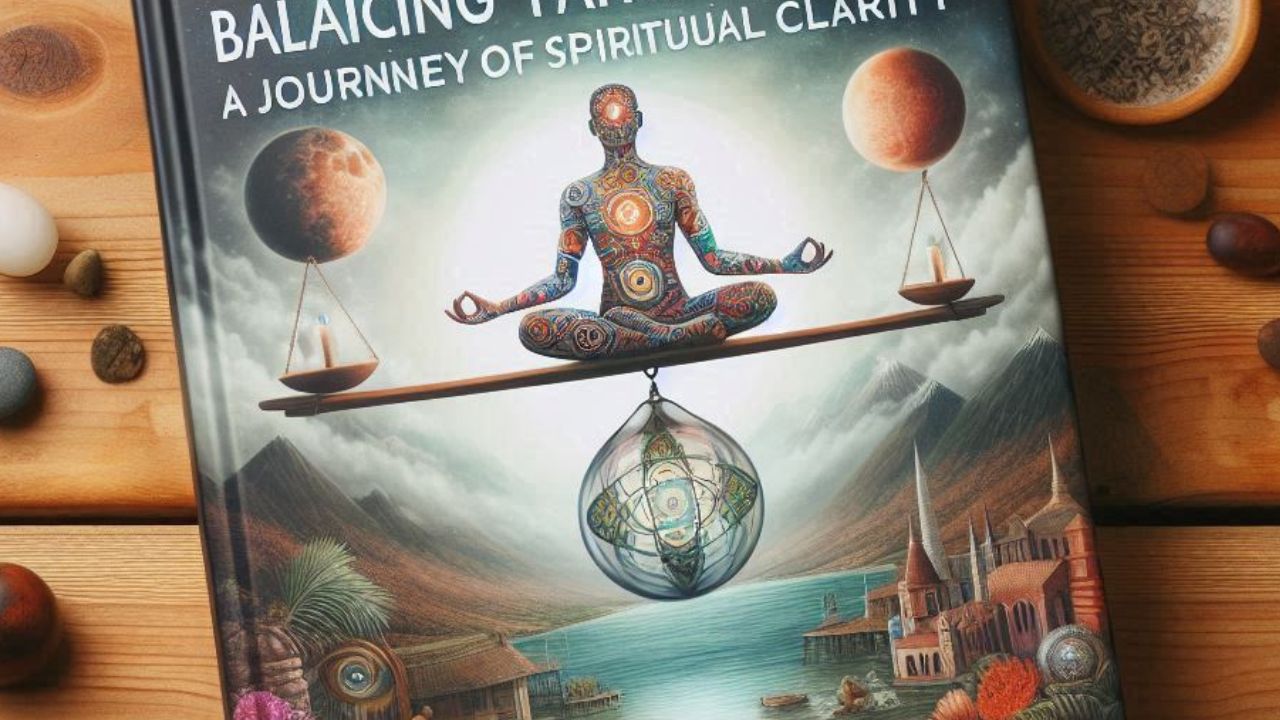There is a special peace in the heart when faith begins to tremble—not to crumble, just… to shift. It is that quiet ache of questioning whether what we believed was ever really ours in the first place.
And yet, somewhere in that tension between certainties and questions, something luminous can unfold—a spiritual clarity that doesn’t shout but hums, steady and true.
This is not an article of certainties. It is a confession, a chronicle, a mirror. It is for those who pray and still feel nothing. For those who doubt but can’t let go of the truth.
And for those who are beginning to understand that maybe, just maybe, the path to divine connection is not paved with blind belief, but with the brave, stumbling steps between faith and doubt.
Faith and Doubt: Not Enemies, But Co-Pilots
In the sacred texts and tales of old, faith is the hero. Doubt is the villain. Or so we were told.
But look deeper. Across centuries, across continents, the wise—Rumi, Augustine, even the Buddha—hinted otherwise. They knew that the most resilient faith isn’t the one that never falters, but the one that’s been questioned, pressed, and even cracked. Doubt, then, is not betrayal—it’s refinement.
In Judaism, wrestling with God (literally) is a spiritual rite. In Sufism, the seeker is not punished for questioning but transformed by it. And in modern spiritual practice, the Faith-Doubt Dialectic is increasingly recognized as not just inevitable but essential.
It’s in that liminal space—between certainty and unknowing—that true spiritual discernment begins. It’s like standing at the shoreline, where the tide tugs at your ankles and you don’t yet know whether to dive in or step back. But even standing there changes you.
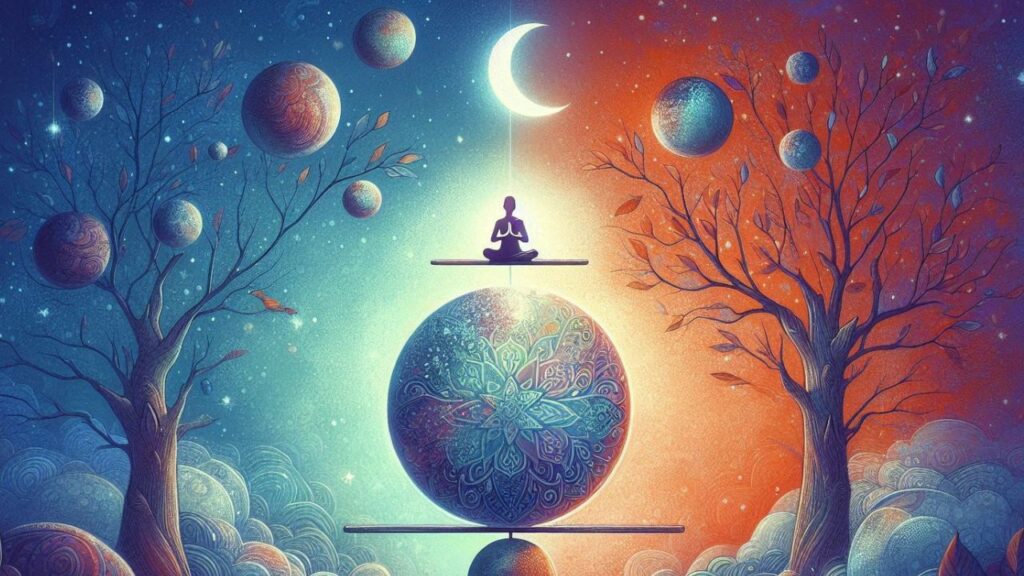
Doubt Is a Doorway (If You Let It Be)
Kneeling beside a candlelit altar, repeating prayers that you no longer waver in faith. Lips moved, but the soul remained silent. Thinking you were losing faith. In reality, you were finally facing it.
Because when the certainties of the Catechism crumble and the spiritual clichés ring hollow, what remains is raw, messy, painfully honest… and that is where faith begins to be yours. Not borrowed. Not recited. Your own.
And if you are going through this moment right now—lost in the forest of religious doubt, doubting every signpost—you are not failing. You are forging. You are not collapsing; you are opening.
How to Balance Faith with Healthy Skepticism (Without Losing Either)
First, slow down. You don’t need to choose a side.
Sit with your questions. Let them echo. Use meditation not as a way to escape but to listen. Try the practice of contemplative journaling—one page of what you believe, another of what you doubt. You might be surprised where they overlap.
Talk to people who’ve walked this path. Not necessarily pastors or monks—maybe that friend who left the church and found the divine in the forest. Or join a community where it’s okay to say “I’m not sure.” There are spaces like that, growing quietly and bravely. One such resource I found helpful was this spiritual mentoring tool: Awaken a new level of inner connection here. It’s not a dogma—it’s a guide.
And if you’re building an online presence to explore these ideas publicly, or dream of sharing your spiritual story in a way that supports you financially, check this out: Start your journey with Wealthy Affiliate. It helped me align spiritual calling with real-world strategy.
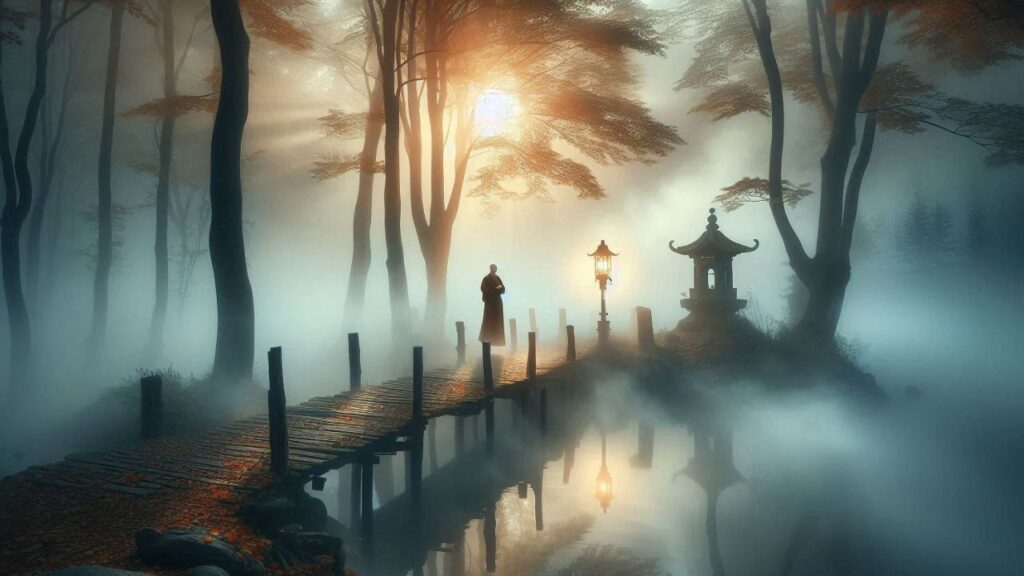
Moments of Spiritual Clarity: When the Fog Lifts
It doesn’t come like thunder. More like breath.
One morning, you open your eyes and realize that the question you’ve been agonizing over no longer needs answering. Or a song plays, and something in your chest cracks open with peace. Or someone says, “I see you,” and you feel, somehow, seen by God.
These are not proofs. They’re echoes of the Real.
And these moments—no matter how fleeting—can change your whole spiritual geometry. You begin to realize that the journey isn’t about arriving at certainty, but about learning to live gracefully in the in-between.
That’s spiritual growth. That’s finding faith.
We Need Each Other: The Role of Community
You’re not meant to do this alone.
Real community isn’t the kind that demands agreement. It’s the kind that lets you speak your doubts aloud without gasps or judgment. It’s the circle where one person says, “I no longer believe,” and another nods and says, “Tell me more.”
There are places forming now—online and in quiet corners of cities—where this kind of honesty lives. If you’re searching for one, start here: A simple spiritual reset—free gift to reconnect. It’s an invitation, not a sermon.
Because when people gather not in certainty, but in sincerity, something sacred happens. Not agreement—but transformation.
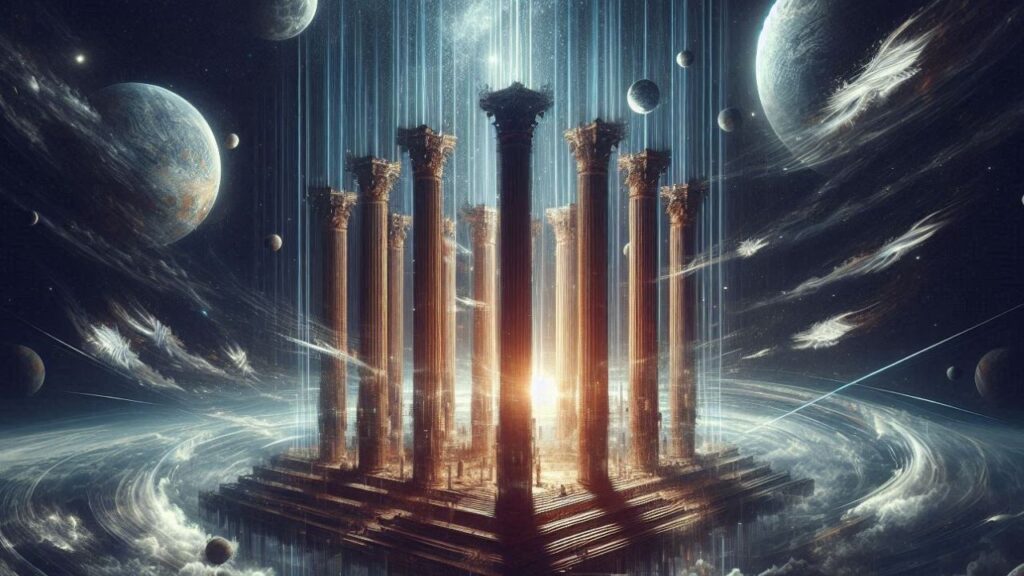
The Fire and the Fog
Faith isn’t a light that banishes doubt—it’s a flame that dances in its presence. And doubt isn’t the absence of belief—it’s the space that asks: “What else is there?” Together, they don’t weaken you. They deepen you.
So let them both sit at your table. Faith, with her steady eyes. Doubt, with his furrowed brow. They have more to say to you than either could alone.
And if you’re still walking that winding road, good. That means you’re alive. That means you’re close.
Have thoughts? Questions? Stories of your own spiritual fog and fire? Share them in the comments—this space is for you.
And if you’re seeking tools, support, or simply a little light: explore the resources in the links above. You may find more than you expect.
Frequently Asked Questions
Q. What is the relationship between faith and doubt?
Faith and doubt are often seen as opposites, but in reality, they can complement each other. Doubt challenges us to question inherited beliefs, and in doing so, helps build a more personal, resilient faith. Rather than weakening spirituality, doubt can refine it.
Q. Can doubt actually strengthen faith?
Yes—when approached honestly. Doubt invites deeper exploration and reflection. Many people report stronger, more meaningful faith after periods of questioning because their beliefs become self-verified rather than passively accepted.
Q. Is it normal to experience doubt on a spiritual journey?
Completely. Doubt is a natural and even necessary part of spiritual development. Almost every spiritual tradition includes stories of saints, sages, and seekers who faced deep uncertainty before reaching clarity or transcendence.
Q.How can I manage my doubts without losing faith?
Give yourself permission to explore. Practices like meditation, journaling, and spiritual mentorship can provide grounding. Speaking openly within supportive communities and using resources like this spiritual reset tool can also guide you gently through uncertainty.
Q. What are the signs of spiritual clarity?
Spiritual clarity can appear in subtle ways—an inner sense of peace, renewed meaning in life, or emotional breakthroughs during prayer, nature, or silence. It’s often described as a quiet confidence rather than a dramatic epiphany.
Bibliography
- Tillich, Paul. Dynamics of Faith. Harper & Row, 1957.
- James, William. The Varieties of Religious Experience. Longmans, Green, 1902.
- Armstrong, Karen. The Case for God. Knopf, 2009.
- Rohr, Richard. Falling Upward: A Spirituality for the Two Halves of Life. Jossey-Bass, 2011.
Disclosure: This article may contain affiliate links. If you click on these links and make a purchase, I may earn a commission at no extra cost to you.
